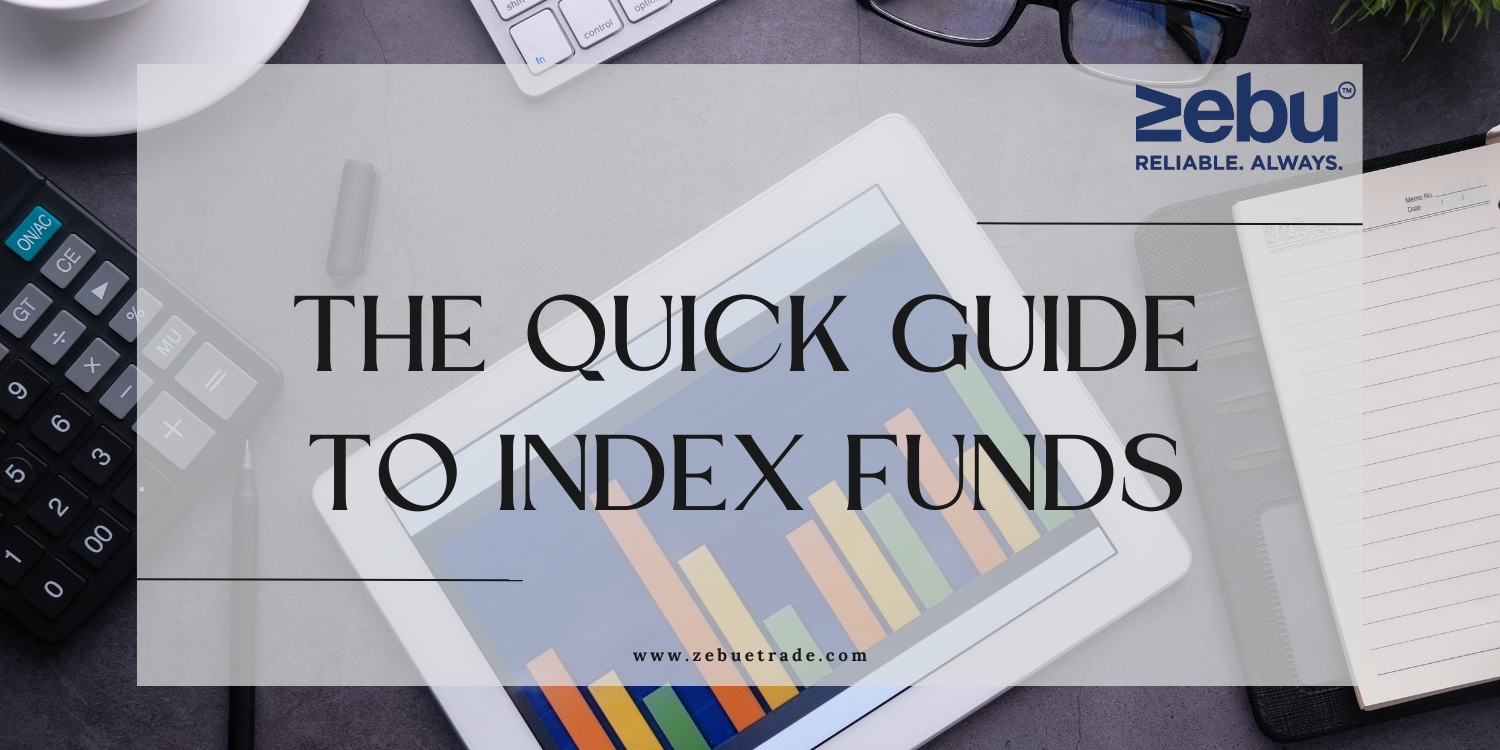
There are many different mutual fund investments that people can choose from. There are some good reasons to invest in mutual funds, like getting help from a qualified asset manager.
Investors trust fund managers to choose investments that will be good for their money. If you’re an investor, it’s best to know how fund managers do their jobs.
Here are a few factors that impact the returns from a mutual fund.
1. The cost of running a fund
The expense ratio, which is also called the fund management fee, is a typical fee that the fund house charges investors to cover costs like operating costs, wages, compliance costs, administrative fees, etc. It usually shows how much of the investor’s mutual fund holdings it is. Most hedge fund companies use the 2/20 model, which lets them take 2% of the fund’s AUM as a cost ratio and 20% of the fund’s profits as performance fees.
2. Window dressing illusion
Mutual funds sometimes use “window dressing” to hide the fact that they aren’t doing well by making it look like they are. They don’t have to explain what happened to make them perform badly. Before putting money into a fund, a potential investor should carefully look at how the fund has done in the past and how it invests overall.
3. Indexing as a way to lower risk
Investors prize fund managers’ stock-picking skills. But now, a lot of mutual funds invest in a portfolio that is like an index. It lets them get similar returns and lowers their risk. But if they charge you a management fee, this may not be the best way to invest.
4. Giving short-term growth more importance than long-term growth
Fund managers may put more emphasis on the fund’s short-term growth to make it look more appealing to individual investors. This lack of long-term thinking could force the fund manager to ignore the bigger picture and focus only on how the next quarter will go. The short-term goals of a fund may affect how you do as an investor and what your financial goals are.
5. Incentives
Mutual fund companies need to increase AUM to grow their market share and profits. They often use advertising and marketing methods to get people to invest. It leaves the manager of the fund with little time to run the fund. But none of these things improve how well the fund works. By investing in index funds that are passively managed, small investors can avoid being affected by the fund manager’s goals.
How to figure out how well a mutual fund did
Set goals for your investments
Before you make an investment, you should know what you want to get out of it. Finding the answer to the question is the first step in choosing the best mutual funds.
Choosing between mutual funds
The best way to find the best mutual funds is to compare the returns of several similar funds.
Check out how things worked in the past
Even though a fund’s past performance doesn’t tell you how it will do in the future, it might be helpful to know how it has done in different market conditions.
How they did compare to the index
Even if the fund didn’t do well, management fees still have to be paid. So, before you put money into a fund, compare the fees. Most of the time, better funds will cost you more.
Risk-adjusted returns
Mutual funds have to take your capital risk into account. When a fund makes more money than its overall risk, this is called “risk-adjusted returns.”
Conclusion
As an investor, you should know how standard fund management works so you can have more control over your money. Start investing in mutual funds with Zebu right away by opening a demat account.
